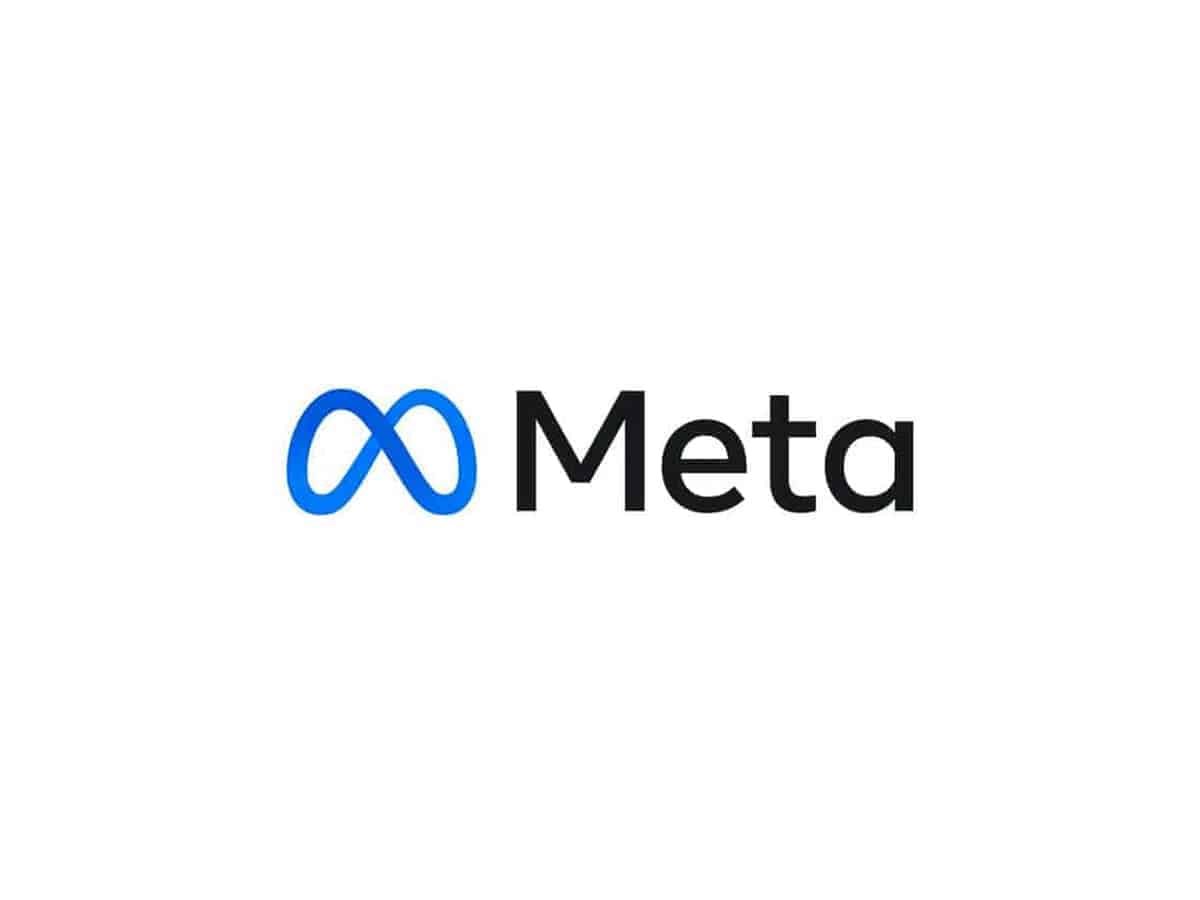
San Francisco: Meta (formerly Facebook) is reportedly planning to release a commercial version of its artificial intelligence (AI) model in order to compete with Microsoft-backed OpenAI’s ChatGPT and Google’s AI experiment Bard, which are racing ahead in the race to develop generative AI.
According to the Financial Times, citing sources, Meta will use a new software powered by large language models (LLMs) which can generate text, images, and code.
The tech giant released its own language model, known as LLaMA, to researchers and academics earlier this year, but the new version is said to be more widely available and customisable by companies.
According to Meta, its LLMs are “open-source,” which means that information about the new model will be made public.
The release of the new AI model is expected soon, the report said.
This is in contrast to competitors such as OpenAI, whose latest model GPT-4 is a so-called black box, meaning that the data and code used to build the model are not accessible to third parties.
“The competitive landscape of AI is going to completely change in the coming months, in the coming weeks maybe, when there will be open source platforms that are actually as good as the ones that are not,” Vice President and chief AI scientist at Meta, Yann LeCun, was quoted as saying.
Moreover, the report mentioned that Meta Founder and CEO Mark Zuckerberg and other executives have hinted at a push towards creating multiple AI chatbots for individuals, advertisers and businesses across Meta platforms Instagram, WhatsApp and Facebook, powered by its LLMs.
Meanwhile, tech billionaire Elon Musk has launched a new AI company called xAI that aims to “understand the true nature of the universe”.
The team is headed up by Musk and includes team members that have worked at other big names in AI, including OpenAI, Google Research, Microsoft Research, and Google’s DeepMind.
